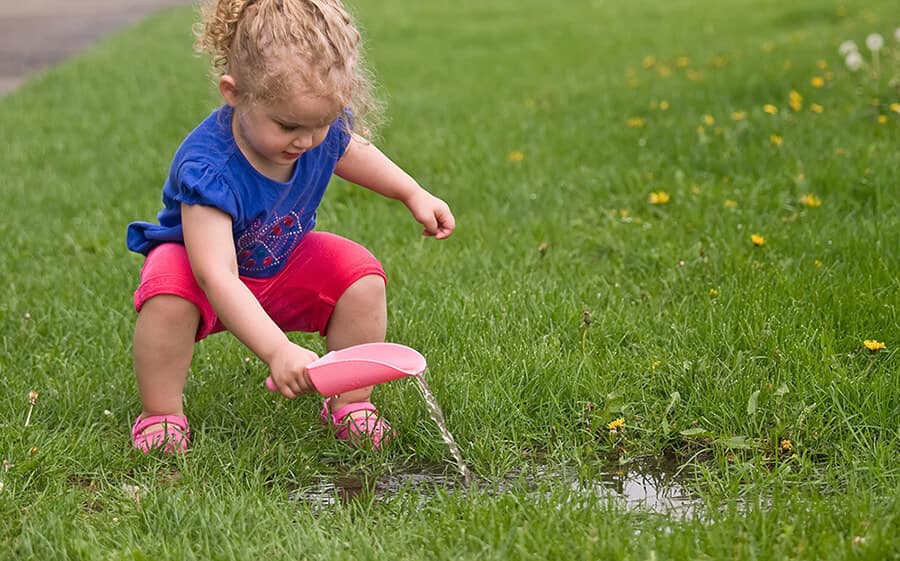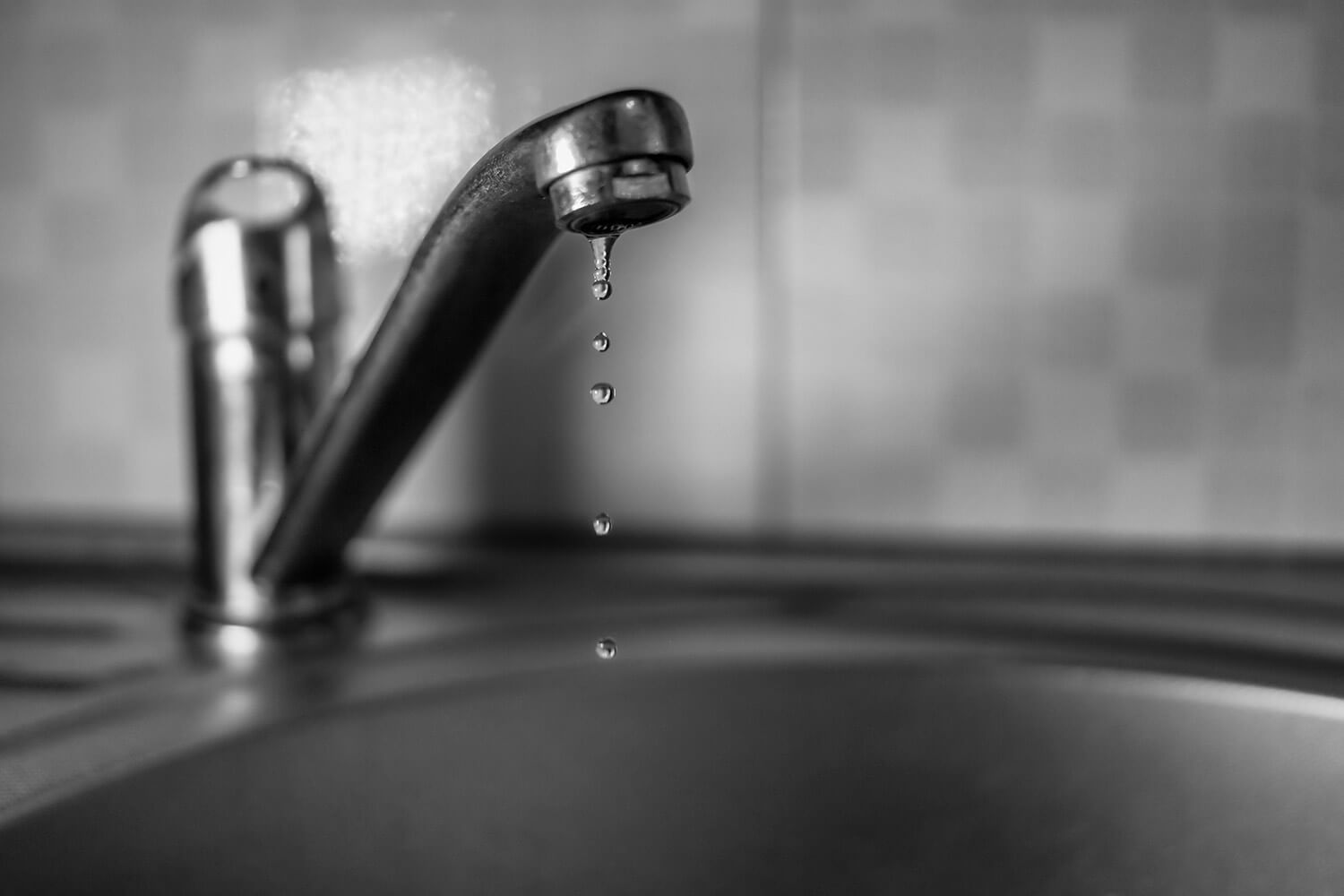Getting to Know What Leads To Water Seepage Happen Frequently Within Your Residence
Getting to Know What Leads To Water Seepage Happen Frequently Within Your Residence
Blog Article
The article down below involving Common Water Leaks In House is immensely compelling. Give it a go and make your own assumptions.

Leakages not just create waste of water but can also cause unnecessary damage to your house as well as advertise undesirable natural development. However, water leakages could go undetected since most of the pipework in our home is concealed. By understanding and looking for daily circumstances that cause leakages, you can secure your house from future leaks and also unneeded damage. Today, we will certainly check out six leakage triggers that may be creating your pipes to trickle.
Immediate temperature level modifications.
Severe temperature modifications in our pipelines can create them to broaden and also get unexpectedly. This growth as well as contraction may trigger fractures in the pipelines, specifically if the temperature are below freezing. If you maintained an eye on how your plumbing functions, it would be best. The visibility of the formerly discussed conditions often indicates a high danger.
Rusty water supply
This might be the cause of discoloration or warping on your water pipelines. If our plumbing system is old, take into consideration changing the pipes because they are at a greater risk of corrosion than the newer models.
Defective Pipeline Joints
Pipeline joints can weaken over time, resulting in water leakages. If you have noisy pipes that make ticking or banging noises, specifically when the hot water is turned on, your pipeline joints are probably under a lot of stress.
Encroaching origins
Most water leakages begin outside your house instead of inside it. If you discover an unexpected decline in water stress, say in your tap, take some time to head out as well as analyze your yard. You may see wet patches or sinkholes in your backyard, which might imply that tree origins are attacking water lines creating water to seep out. You can have your plumber check for invasion, particularly if you have trees or hedges near your home.
Poor Water Connectors
At times, a leak can be created by loose hoses and also pipes that provide your appliances. In instance of a water connections leakage, you might notice water running straight from the supply line or puddles around your home appliances.
Obstructed Drains
Clogged drains could be annoying as well as inconveniencing, yet they can in some cases wind up creating an overflow leading to rupture pipelines. Maintain getting rid of any kind of materials that may drop your drains that could obstruct them to avoid such inconveniences.
All the above are root causes of leaks however not all water leaks arise from plumbing leakages; some leakages may originate from roofing leakages. All leakages need to be fixed promptly to prevent water damages.
Leaks not just create waste of water yet can likewise trigger unneeded damage to your home and also advertise unwanted natural growth. By looking as well as understanding for day-to-day circumstances that cause leakages, you can protect your house from future leaks and also unnecessary damages. Today, we will look at six leakage causes that might be causing your pipelines to trickle.
At times, a leak can be created by loose pipes and pipes that supply your devices. In case of a water connections leakage, you may observe water running directly from the supply line or pools around your devices.
Tell-Tale Signs of a Water Leak
The Sound of Running Water
If you’re hearing water running, your first step should be to check your faucets, toilet valves, and outdoor spigots. If everything if status quo, take an exact reading of your water meter and don’t use the water for a few hours. Then, take another meter reading. If there has been no change, that means water is not running (and maybe it’s time to have your hearing checked!). If the reading has changed, however, this indicates that water is indeed flowing and you most likely have a leak.
Wet or Damp Floors
You’re walking across your carpet and suddenly squish—your sock is soaked! The dog doesn’t look guilty and your child swears they didn’t spill anything. That means you’re likely looking at sewer leakage. Now, it’s easy to just soak it up with a towel and call it a day; however, this won’t stop the leak. Ignoring the problem allows moisture to build up, ultimately causing mold or mildew. Not only is this smelly, it can be very toxic and harmful to children, the elderly, pets, and those with weak immune systems. Don’t risk the health of your home and your family—call in a professional to take care of the problem.
Foul Odors
If there’s an unpleasant smell in your home and you can’t locate the source, don’t just light a candle or spray some Febreze. Funky smells are often due to mold and mildew, which spread fast under ideal conditions (optimal temperature and level of humidity). Growth begins within about 24-48 hours, and spores start to colonize in 3-12 days, becoming visible to the eye within about 18 days. If you think the odor is leak-related, get a plumber out as soon as possible to mitigate damage from rapid fungi growth (and rid your home of the foul odor).
Overgrowth in the Lawn
Unless you didn’t fertilize your lawn evenly, a lush patch of grass in a select area of your lawn, or concentrated wet spots, indicate pipe leakage which is acting as a fertilizer. Left untreated, hazardous bacteria in the underground waste will quickly turn into a messy situation, going from lush growth to lawn destruction.
Wall Cracks
Over time, even the littlest of leaks can cause cracks in the foundation of your home and compromise the entire structure. How does it happen? The leak continues hammering away at the same spot in the ground beneath your home, eventually causing it to shift slightly. Now, you’d never feel this shift, but your walls will. This can be a very dangerous situation, so if you’re seeing vertical or diagonal cracking in your walls it’s best to call a plumber right away.
https://www.expresssewer.com/blog/6-telltale-signs-of-a-water-leak-in-your-home

We hope you enjoyed our article about How to detect water leaks in your home. Thank you so much for finding the time to read through our blog. Don't hesitate to take a moment to share this blog entry if you liked it. Many thanks for your time. Visit again soon.
Issue? Dial fast! Report this page